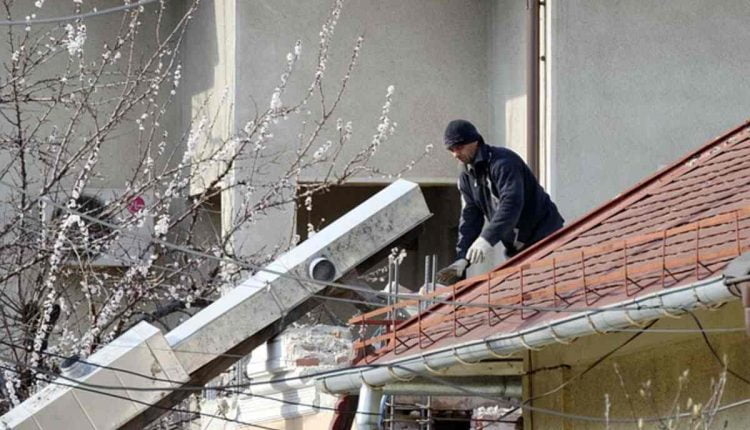Demolition can be an expensive endeavor, with costs quickly mounting. To create an accurate budget that meets your specific circumstances, it is essential to take all factors involved into consideration, from permits and debris removal costs through permits. Find the best Demolition Austin.
Below are the key cost drivers in house demolition: machinery costs, disposal fees, and labor. It is also crucial to factor in deconstruction.
Size of the building
Determining the cost of demolishing a building depends heavily upon its size. A larger building requires more equipment and labor, as it takes more resources to bring down. Materials used in the structure also play a part: some, such as asbestos and lead, are dangerous and require special treatment, while drywall and concrete may be reused or recycled after removal from the site.
Location is another factor when estimating demolition costs since transporting heavy machinery may cost more and may necessitate additional permits and inspections before and after demolition. All these expenses add up quickly to make commercial building demolition an extremely costly endeavor.
As all costs stem from house size, you must know its square footage. If unsure, using Google Earth as a measuring tool can give an estimate of its square footage and give an idea of its cost for demolition purposes; however, it would be prudent to get more precise estimates by consulting professionals—especially if you plan to have your house entirely demolished.
Permits
Suppose you plan to level a building from its foundation up. In that case, you must obtain a demolition permit from your local government by filling out an application and paying a fee (the exact cost depends upon the size and location of the structure). Furthermore, make sure all utilities are disconnected before disposing of all demolition debris properly.
If the property is connected to city sewer, a sewer cap may be required before starting demolition. Furthermore, if your home contains a septic tank or cesspool that needs abandoning or removal, you’ll require a permit and may even need an escrow bond as security—these bonds usually become refundable once work has been completed.
Before applying for a permit application, check with the local municipality to determine what requirements must be fulfilled. Many may require you to provide tree preservation information; failure to do so could delay approval and add significantly to project costs. Furthermore, consider whether your site needs replacing and compacting after demolition has taken place.
Related Posts
Debris removal
Demolition of a house results in considerable debris that needs to be cleared away, often at great expense. Local waste removal companies will typically charge you to dispose of this rubbish; to account for this factor in your budget, consider renting a dumpster to store all this junk over an extended period—it can save money over time!
Size will affect cost; larger areas require more equipment and labor for dismantling, while some structures contain hazardous materials that must be cleared away before demolition can commence, further increasing overall expenses.
Considerations should also be given to demolition permit fees and inspection costs. An initial pre-demolition inspection typically costs $200-$700. In some cities, utility capping fees are necessary before demolition; these additional expenses could add another $700+ to the overall project price tag.
Demolition prices differ between rural and urban locations. Urban areas usually incur more expensive demolition costs due to additional labor and permit fees. Furthermore, more expensive landfills often increase disposal service fees.
Labor
Labor costs associated with demolition can depend on a variety of factors. First and foremost is your decision on the type of demolition service you require – some companies specialize in total deconstruction of buildings or sites while others focus more on interiors – this can have a profound effect on overall costs for your project.
Next, it is essential to determine the equipment your contractor will require. This can cost money through rental fees and wages for workers operating it; additional payments may also be necessary for specialized machinery like cranes and wrecking balls; when dismantling large structures, this cost could quickly add up.
Location can also affect demolition costs. It typically costs more to demolish a home in an urban environment as heavy equipment has difficulty accessing difficult terrain, and there may be higher permit fees in cities than in rural settings.
Before initiating any demolition project, it’s wise to contact your local utility companies. They will visit and mark all gas, electric, and water lines prior to starting any excavation work, which will prevent any damages that could release harmful substances like asbestos or lead into the air.


